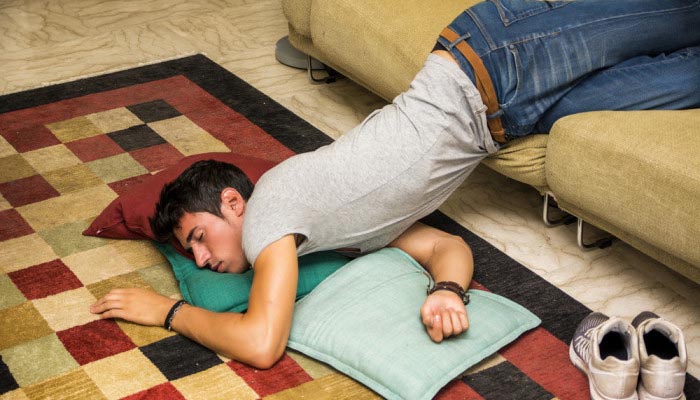Sleep
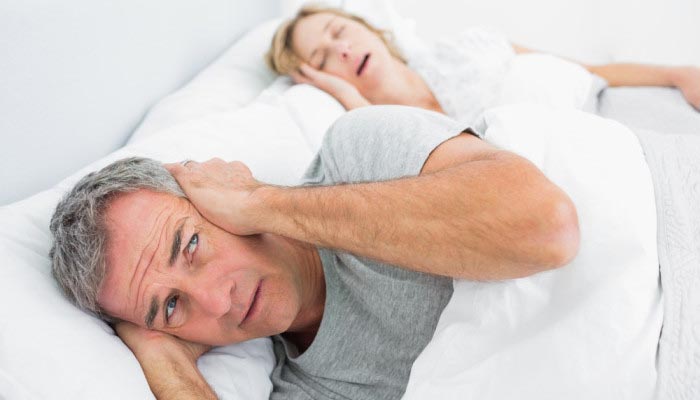 Over one-third of Americans are getting less than seven hours of sleep, according to the U.S. Centers for Disease Control (CDC). What’s the consequence of getting insufficient sleep? Studies have shown that chronic sleep deprivation results in an increased chance for obesity, heart disease, stroke, cancer, high blood pressure, immune deficiencies by missing out on needed sleep. Just cutting out one hour of sleep can take a heavy toll on an individual’s mental sharpness, energy level, mood, and ability to cope with stress.
Over one-third of Americans are getting less than seven hours of sleep, according to the U.S. Centers for Disease Control (CDC). What’s the consequence of getting insufficient sleep? Studies have shown that chronic sleep deprivation results in an increased chance for obesity, heart disease, stroke, cancer, high blood pressure, immune deficiencies by missing out on needed sleep. Just cutting out one hour of sleep can take a heavy toll on an individual’s mental sharpness, energy level, mood, and ability to cope with stress.
Sleep Loss Ages Your Skin
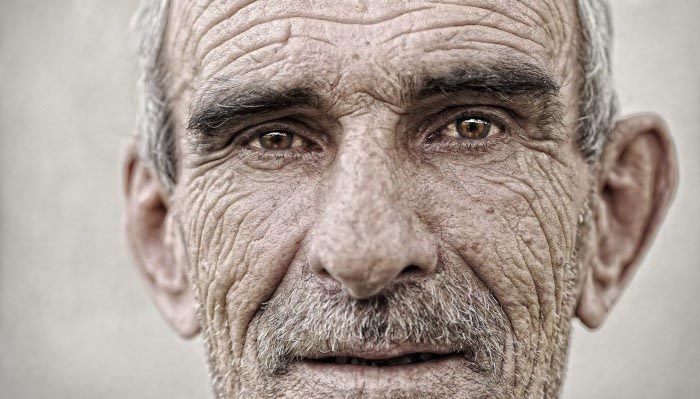 A sleep study report published by University Hospitals found a link between sleep deprivation and premature aging of the skin. The clinical trials showed that not having the proper amount of sleep is directly correlated with accelerated skin aging and reduced skin health. When you don’t get enough sleep, your body releases more cortisol, the stress hormone. When released in excessive amounts, cortisol can break down skin collagen. Collagen is a skin protein that provides elasticity, smoothness, strength, and resilience. Poor quality sleepers showed increased signs of uneven pigmentation, reduced skin elasticity, and fine lines. So get your beauty sleep!
A sleep study report published by University Hospitals found a link between sleep deprivation and premature aging of the skin. The clinical trials showed that not having the proper amount of sleep is directly correlated with accelerated skin aging and reduced skin health. When you don’t get enough sleep, your body releases more cortisol, the stress hormone. When released in excessive amounts, cortisol can break down skin collagen. Collagen is a skin protein that provides elasticity, smoothness, strength, and resilience. Poor quality sleepers showed increased signs of uneven pigmentation, reduced skin elasticity, and fine lines. So get your beauty sleep!
Sleepiness Impairs Judgment
 Lack of sleep can affect a person’s ability to make sound and rational judgments. An individual may not have the ability to properly assess a situation accurately or act on them intelligently if they are sleep deprived. Lack of sleep affects how mentally alert an individual performs on an exams, negotiates a deal, or enters in to a contract. Studies show that excessive sleepiness can hurt job performance and personal relationships.
Lack of sleep can affect a person’s ability to make sound and rational judgments. An individual may not have the ability to properly assess a situation accurately or act on them intelligently if they are sleep deprived. Lack of sleep affects how mentally alert an individual performs on an exams, negotiates a deal, or enters in to a contract. Studies show that excessive sleepiness can hurt job performance and personal relationships.
Sleep Deprivation Affects Learning and Thinking
 Studies have shown that sleep plays a crucial part in learning and thinking. Not having adequate sleep critically disturbs these cognitive processes. There is a loss of alertness, attention, and concentration. Lack of sleep impairs problem solving and the ability to learn efficiently.
Studies have shown that sleep plays a crucial part in learning and thinking. Not having adequate sleep critically disturbs these cognitive processes. There is a loss of alertness, attention, and concentration. Lack of sleep impairs problem solving and the ability to learn efficiently.
There are various sleep cycles that a body and mind transitions throughout the night. They each play an important cognitive role for the mind. Irregular sleep schedules or missing a full night’s sleep can result in a redistribution of these sleep stages and affect an a person’s ability to remember what was learned the prior day. Children who have a lack of sleep can lead to hyperactivity, which could impede learning. Teenagers who are drowsy from a poor night’s sleep may lose the memory capacity and focus to do well in their classes.
Sleep Loss Increases Obesity
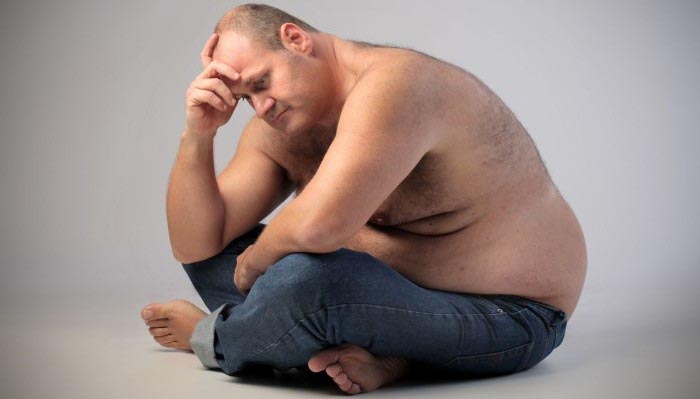
As our body becomes more sleep deprived, Cortisol levels increase. When this “stress hormone” rises, so does our appetite and in turn we crave more food. Our body’s metabolism also slows down, so food can’t be burned as fast as it did before. Combining low metabolism with an increase of appetite is not healthy. Your brain also does not make healthy food choices when you are sleep deprived. Your high cortisol level seeks out comfort foods that calms you, those high carbs sweets, cakes, pies, and salty snack foods.
Sleep Deprivation Causes Accidents
 Highway safety– Most people are aware of the dangers of driving while fatigued since it decreases awareness, slows down reaction time, and impairs judgment. Many people are not aware that the reaction time is just as slow for a “drowsy” driver as a “drunk” driver. The National Highway Traffic Safety Administration (NHTSA) estimated that excessive sleepiness causes 100,000 auto crashes and is responsible for over 1,500 deaths every year in the United States.
Highway safety– Most people are aware of the dangers of driving while fatigued since it decreases awareness, slows down reaction time, and impairs judgment. Many people are not aware that the reaction time is just as slow for a “drowsy” driver as a “drunk” driver. The National Highway Traffic Safety Administration (NHTSA) estimated that excessive sleepiness causes 100,000 auto crashes and is responsible for over 1,500 deaths every year in the United States.
Disasters – Fatigue was reported to be a key factor in some of the largest disasters: Three Mile Island nuclear accident in 1979, Exxon Valdez oil spill in 1989, Chernobyl nuclear plant meltdown in 1986, American Airlines Flight 1420 crash landing in 1999, and the New York Subway car crash in 2013. While the Space Shuttle Challenger explosion in 1986 was caused by a defective O-ring, the NASA managers, who had slept only two hours before arriving at work, rejected recommendations that the O-ring may not operate properly a low temperature.
At work – Studies show that sleep deprivation can also lead to job accidents and injuries. One study showed that workers who complained about being excessively fatigued during the day had a significant amount of work-related accidents. These individuals also had more sick days per accident. The study also showed that grave yard workers’ performance and alertness was reduced, experienced poorer sleep, and had a higher accident rate as compared with day shift workers.
Lack of Sleep Causes Depression
 Depression affects over 20 million Americans. According to the National Sleep Foundation, depression may cause sleep problems. Also, sleep issues may cause or be a contributing factor to depression. They seem to feed on one another. Individuals diagnosed with anxiety disorder or depression were likely to sleep less than six hours at night, according to a Sleep in America poll.
Depression affects over 20 million Americans. According to the National Sleep Foundation, depression may cause sleep problems. Also, sleep issues may cause or be a contributing factor to depression. They seem to feed on one another. Individuals diagnosed with anxiety disorder or depression were likely to sleep less than six hours at night, according to a Sleep in America poll.
Insomnia, a common sleep disorder, has a very close relationship to depression. According to a study “Epidemiology of Insomnia, Depression, and Anxiety,” individuals who have been diagnosed with insomnia have a ten fold risk of contracting depression in comparison to individuals who sleep well.
The good news is that treating depression can also help sleep problems and its symptoms, and vice versa.
Lack of Sleep Makes You Less Sharp
 Sleep theorists believe that sleep exists in order to process and consolidate information acquired during our waking state. French and American researchers reported that “sharp wave ripples” brain events are responsible for consolidating memory. These sharp wave ripples occur most of the time during deep sleep episodes. Consolidating memory is the process of converting stored information from short term into long term memory. Cutting short deep sleep episodes can affect long term memory, which may lead to forgetfulness.
Sleep theorists believe that sleep exists in order to process and consolidate information acquired during our waking state. French and American researchers reported that “sharp wave ripples” brain events are responsible for consolidating memory. These sharp wave ripples occur most of the time during deep sleep episodes. Consolidating memory is the process of converting stored information from short term into long term memory. Cutting short deep sleep episodes can affect long term memory, which may lead to forgetfulness.
Sleepiness Can Cause Serious Health Issues
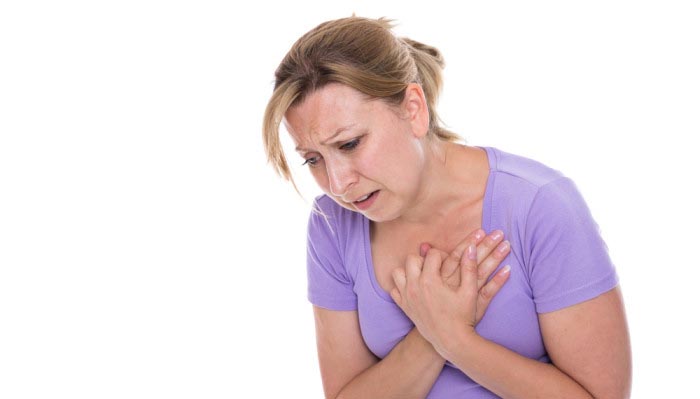 Individuals with poor sleep habits, chronic sleep loss are a higher risk of getting type 2 diabetes, obesity, heart disease, high blood pressure, accidental death, heart attack, irregular heart beat, or a stroke. These conditions may lead to a shortened life expectancy.
Individuals with poor sleep habits, chronic sleep loss are a higher risk of getting type 2 diabetes, obesity, heart disease, high blood pressure, accidental death, heart attack, irregular heart beat, or a stroke. These conditions may lead to a shortened life expectancy.
Lack of Sleep Can Affect Sex Drive
 Sleep theorists believe that sleep deprived individuals have lower libidos and a lack of interest in sex. It sounds right since when a person consistently does not get a good night’s sleep, their energy is depleted, they get sleepy at the wrong time, and they are more apt to become tense.
Sleep theorists believe that sleep deprived individuals have lower libidos and a lack of interest in sex. It sounds right since when a person consistently does not get a good night’s sleep, their energy is depleted, they get sleepy at the wrong time, and they are more apt to become tense.
Men in particular may have another underlying problem according to a report published in the Journal of Clinical Endocrinology and Metabolism. The study showed that men who have been diagnosed with with sleep apnea may also have low testosterone levels. The study showed that almost one half of the men studied who suffered from severe sleep apnea also had abnormal low levels of testosterone at night.
Sleep Deprivation Can Increase Risk of Death
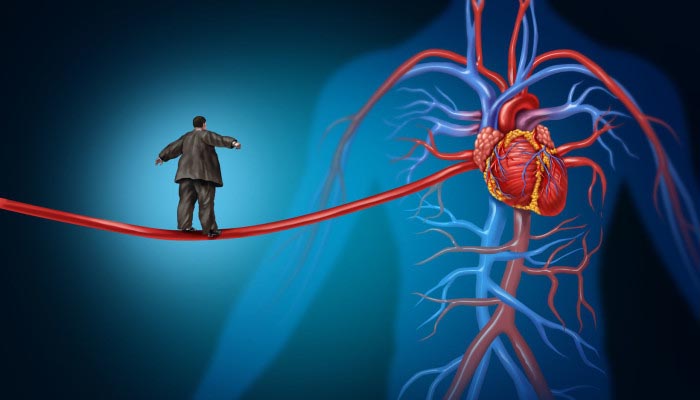 In the British “Whitehall II Study,” researchers found people with irregular sleep schedules or patterns have a higher death rate than those who get a proper amount of sleep on a regular basis. The research spanned 20 years and studied 10,000 people. Their findings found that individuals whose sleep was reduced from seven to five hours or less a night increased their risk of death two fold from a variety of diseases. The greatest risk of death was from cardiovascular disease.
In the British “Whitehall II Study,” researchers found people with irregular sleep schedules or patterns have a higher death rate than those who get a proper amount of sleep on a regular basis. The research spanned 20 years and studied 10,000 people. Their findings found that individuals whose sleep was reduced from seven to five hours or less a night increased their risk of death two fold from a variety of diseases. The greatest risk of death was from cardiovascular disease.
What are the risks of not getting enough sleep for just one night? Individuals with hypertension who do not get enough sleep for just one night can cause elevated blood pressure throughout the following day, according to a Harvard Medical School study.
